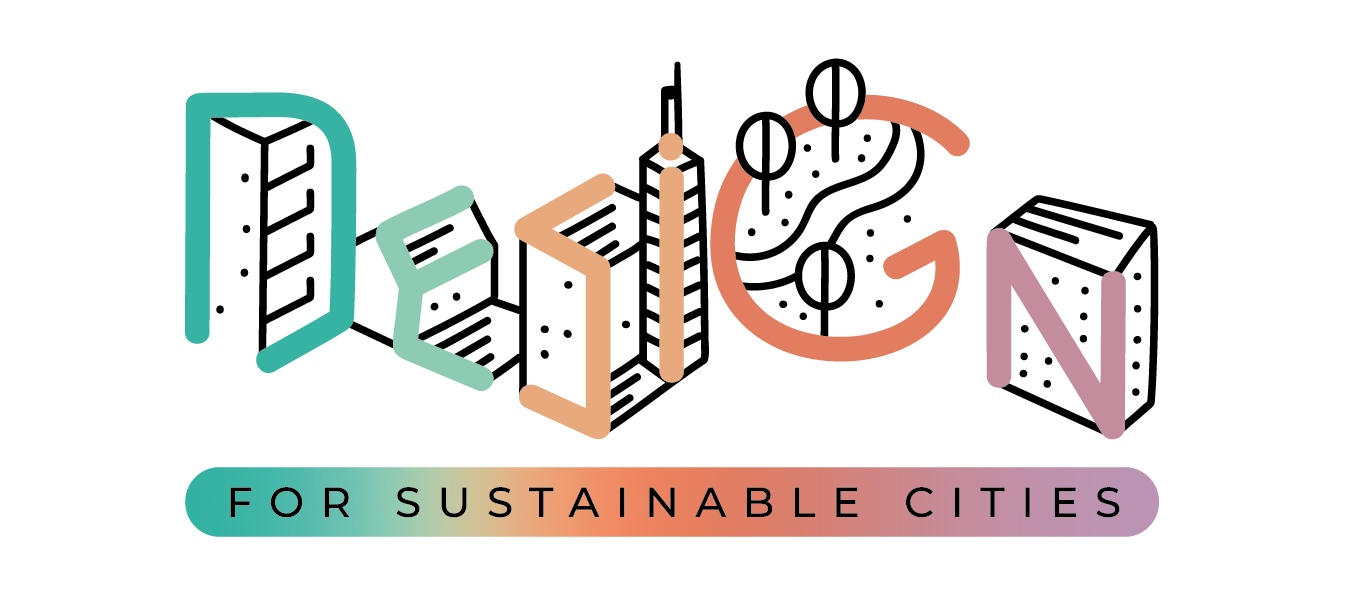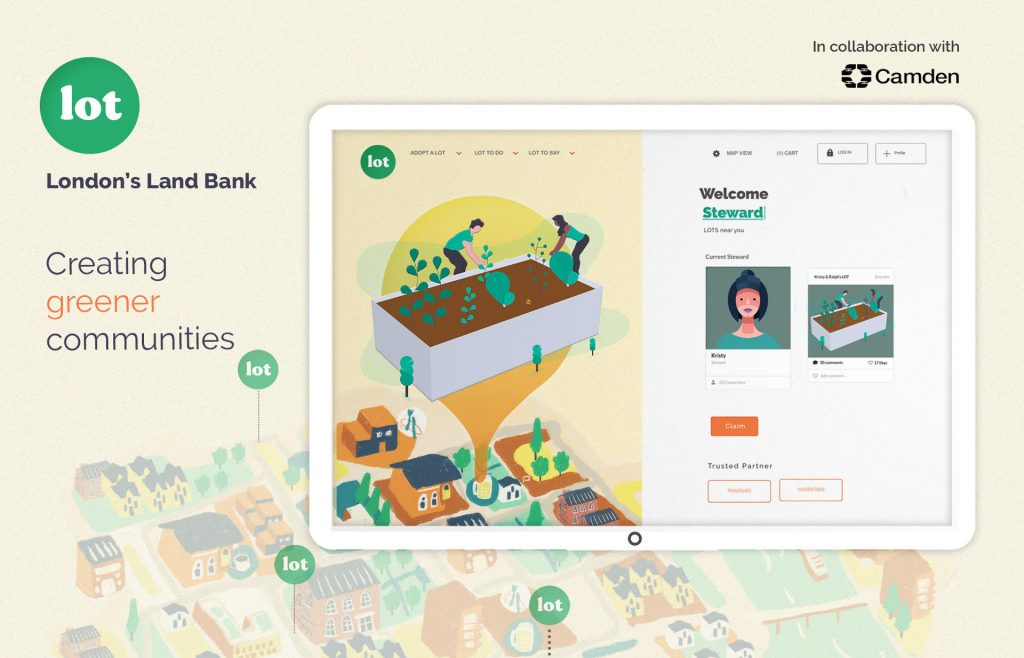Land has always been a disputed resource, especially in urban settlements. However, urban green spaces and their importance in urban ecology has been emphasised in recent times. They enhance the local biodiversity, build resilience to floods, improve air quality and most importantly build communities within a local area and to some extent, even shorten food chains. Despite known benefits, urbanisation has massively reduced scope for building such sites within cities. Moreover, austerity measures have obliged local authorities to keep them on low priority. Particularly in maintenance of small patches that are mostly appreciated by the locals. We are also witnessing a rise of citizens that wish to proactively engage with local spaces but are restricted by two main reasons: -Difficulty in establishing ownership of land and its management model -Absence of a system to collectively take action leading to clashes between communities because of conflictual views on its usage
LOT is a land management and co-maintenance platform that leads to de-centralized management and use of green infrastructure at neighbourhood level. We work with landowners (private, developers, councils) to list tiny or big land patches on our platform that can be claimed by citizens.
The three main ways of engaging without platform are:
– Adopt a lot: Via a digital map, citizens can see the closest spot to them and claim it upon presentation of a deserving project plan.
– A lot to do: Citizens can view ongoing initiatives and find the right fit for them to volunteer with.
– A lot to say: A community forum to express views on the projects started via LOT
Our public digital platform fed with geo-data of claimable land brings transparency in ownership and land use, thereby improving accessibility, making it inclusive for all digital literates. Billboards positioned on the LOT’s sites bring awareness about the status of the space. Whether it is up for being claimed or already allocated. This brings visibility and enables wider community engagement, including those who are not well versed with digital tools.
Specifically, we establish and standardise the land rights and land use with the landowner before listing the sites, such that the citizens are aware of the terms and conditions before they claim it, or volunteer at. Being proactive about standardising meanwhile lease contracts enables LOT to use digital channels to assign them.
LOT approaches landowners to create tailored guidelines and terms that have to go in the contract with the citizen that is used for the shortlist of sites that the landowner wants to manage through our platform. An example of requirement could be the request of knowing the background (in particular the criminal records) of the claiming citizen, that’s why we envision to have to request their ID card to perform the checks. The terms also rule what’s possible growing in a given patch: if there is concern on the quality of the soil the terms will state the possibility of growing non-edible plants only.
We are currently collaborating with Incredible Edible Lambeth on a pilot within six social housing estates in South London to support their community engagement using digital and physical aspects of our service.
To summarise, the added value that LOT provides to its stakeholders are two:
– LOT helps landowners to manage urban land portfolios by sharing the responsibility for their maintenance with citizens
– LOT promotes community-led maintenance of micro-green-sites that can increase biodiversity in the local area and provide the possibility of growing food.
BENEFITS OF USING LOT
We see LOT as a bridge between authorities and citizens when it comes to green spaces, by innovating the way the two interact LOT supports co-creation of multiple types of value for both parties as fleshed out below.
LOT makes cities greener
The interest for the benefits of a greener city has been demonstrated by policies in France, Singapore and more. A greener city not only increases property value but also enhances air quality and combats climate change: it has been widely agreed by experts that interacting with green spaces is beneficial for people’s mental and physical health. This also creates indirect savings for social care services such as public health services.
LOT fosters community stewardship of land
Community stewardship means that the community will take care of patches that were neglected or maintained by third-party contractors. Sharing this responsibility optimizes resource management bringing savings from ground maintenance and improving urban green areas previously neglected. Also, by establishing early on a one-for-all framework to assign land, we envision to lower the number of conflicts due to different ways to see the use of certain patches. Furthermore, those who will come together via LOT could bond over gardening activities, sharing experiences and knowledge.
LOT fosters local food security
Experts are increasing reaffirming that an important part of creating sustainable cities is to produce part of food in the urban and peri-urban areas,
It’s not only an environmental matter: the rise of visits to food banks during the COVID pandemic calls for bold action that may entail providing interested people with ways to produce part of their own food. A recent report by the Sheffield University has demonstrated that 15% of citizens could be provided with the suggested quantity of vegetable and fruits (in the Uk is 5 portions a day) if 10% of Sheffield green spaces would be converted into food growing spaces.

